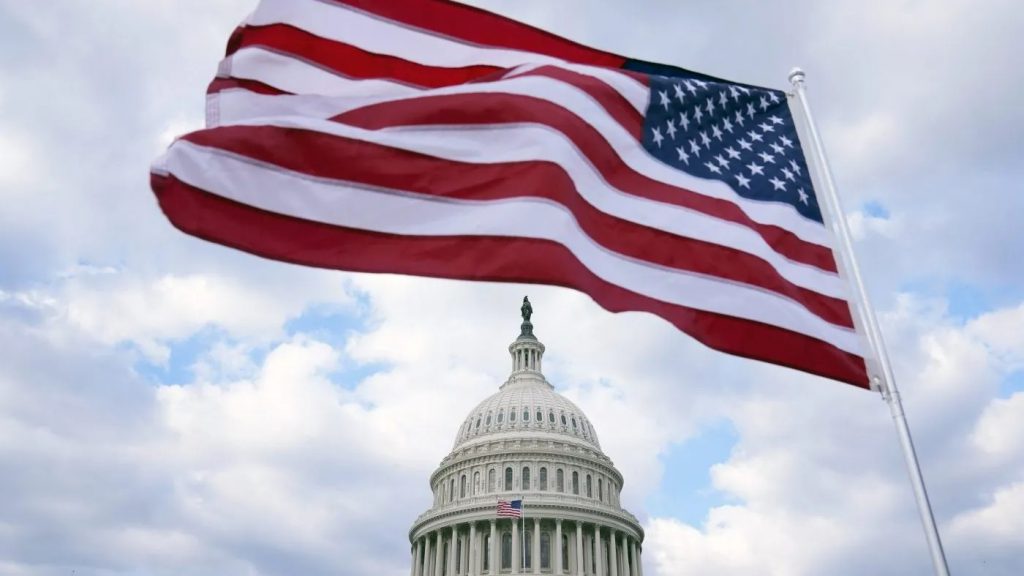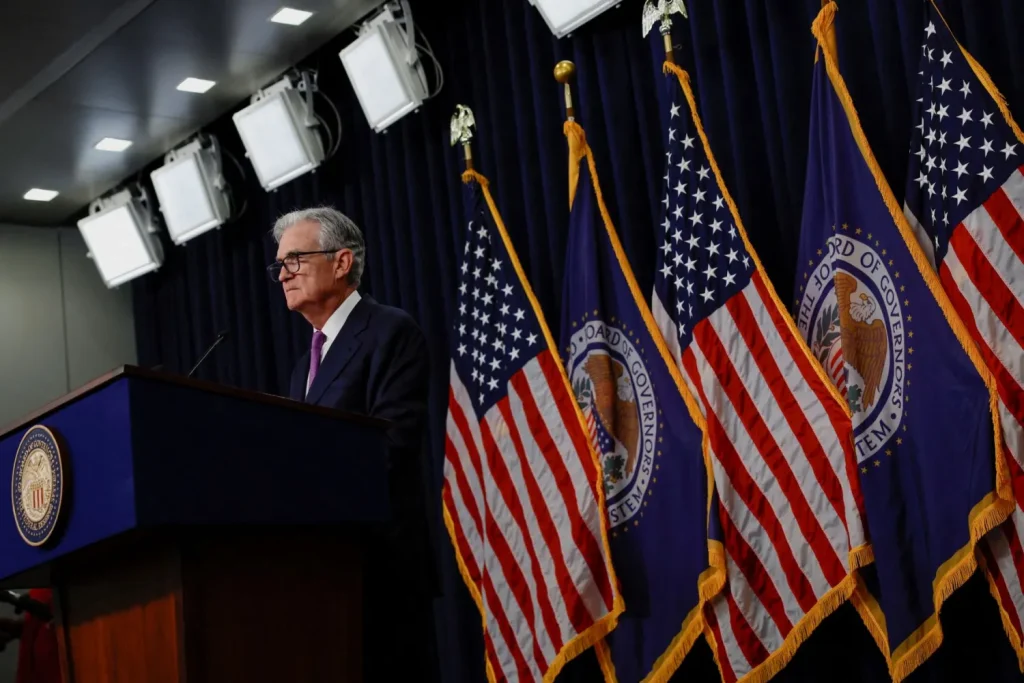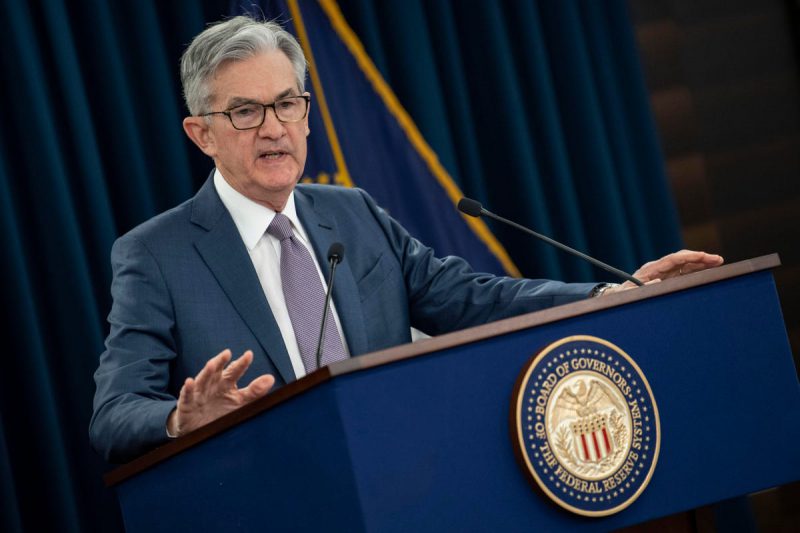Speaking before the House Financial Services Committee, Federal Reserve Chair Jerome Powell says the Central Bank officials are “nowhere near” recommending a CBDC. Indeed, Powell’s testimony signals that the country is far from adopting any kind of federally issued digital currency.
The subject of digital assets has become a vital one in the ongoing political discourse leading into the 2024 presidential election. Amid the ongoing talks of interest rate cuts and when they could take place, Powell discussed the potential integration of a CBDC into the United States.


Also Read: Donald Trump Says He Will Fire FED Chair Powell if Elected in 2024
Fed Chair Signals CBDC is Long Way Away for US
Entering 2024, the political climate was bound to take on the issue of digital assets. Subsequently, just two months into the year, Bitcoin (BTC) reached an all-time high amid the January approval of 11 Spot Bitcoin ETFs by the US Securities and Exchange Commission (SEC).
With that undeniable factor driving up interest in their assets and various countries across the globe entering the sector, the United States has found itself discussing the industry at large. In a recent testimony before the House Financial Committee posted by CNBC, Federal Reserve Chair Jerome Powell said that Central Bank officials are “nowhere close” to recommending a CBDC.
“We’re nowhere near recommending, let alone adopting a Central Bank digital currency in any form,” Powell stated. “Technology has evolved; money has become digital. But the government doesn’t issue digital money.” However, Powell did address concerns about the government surveillance risks associated with a government-issued dollar.

Also Read: Federal Reserve Governor Makes Huge Prediction On BRICS vs US Dollar
Powell said that the country is “a very long way from even thinking about” the issuance of a CBDC in America. Yet he noted that such a currency would be done through the banking system. Thereafter, Powell deconstructed the concern regarding government oversight of personal funds.
Throughout the last two years, CBDC research has become immensely popular. Indeed, the United States remains one of the few nations that has stoutly spoken against it. Over the next several years, it will be interesting to see how the economic landscape changes.
Moreover, how that interacts with the lack of interest the US has shown in the idea to this point. Yet, for the Federal Reserve, the ongoing inflation fight remains its premier focus. Currently, it’s deciding when to cut interest rates.





